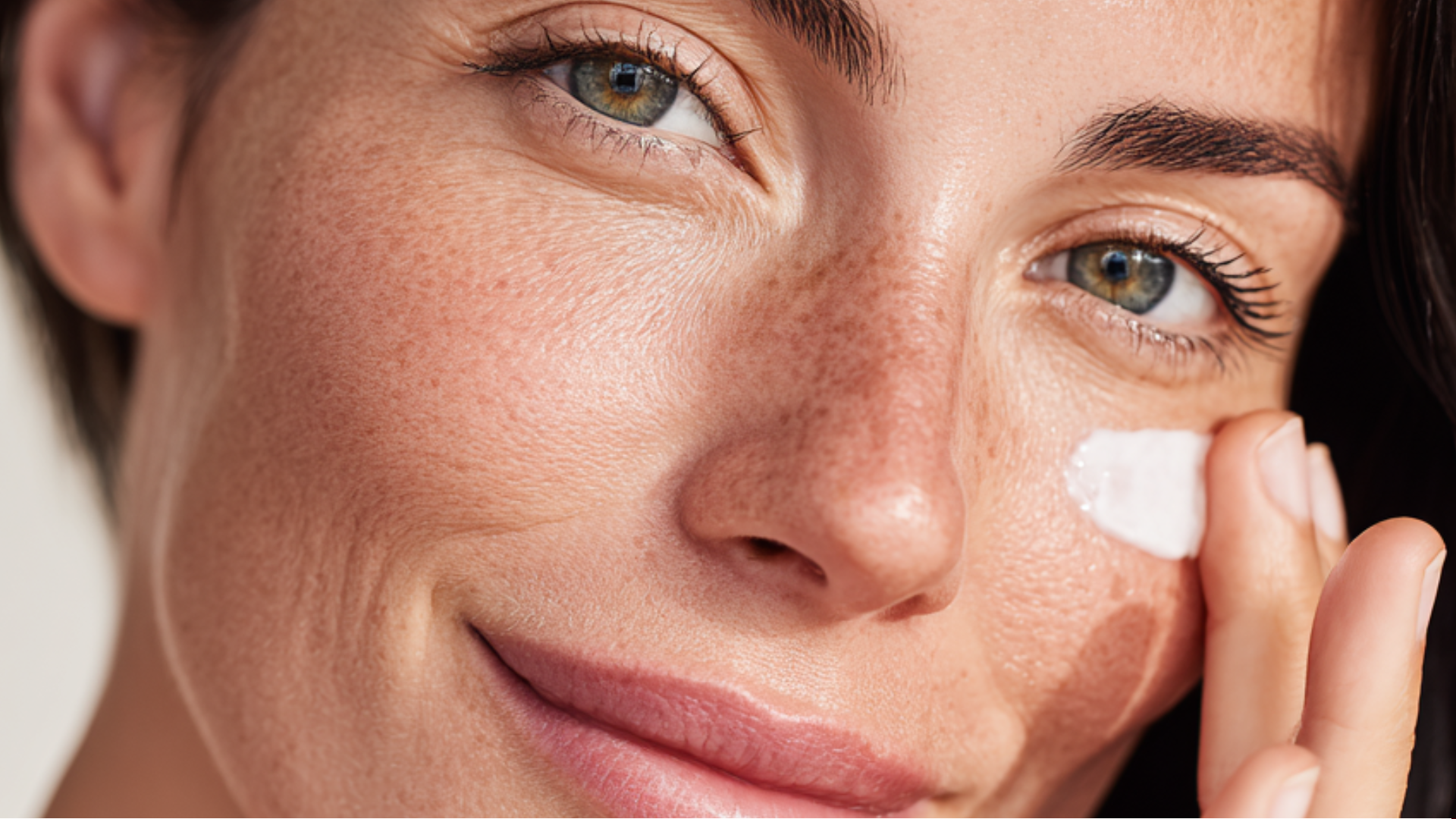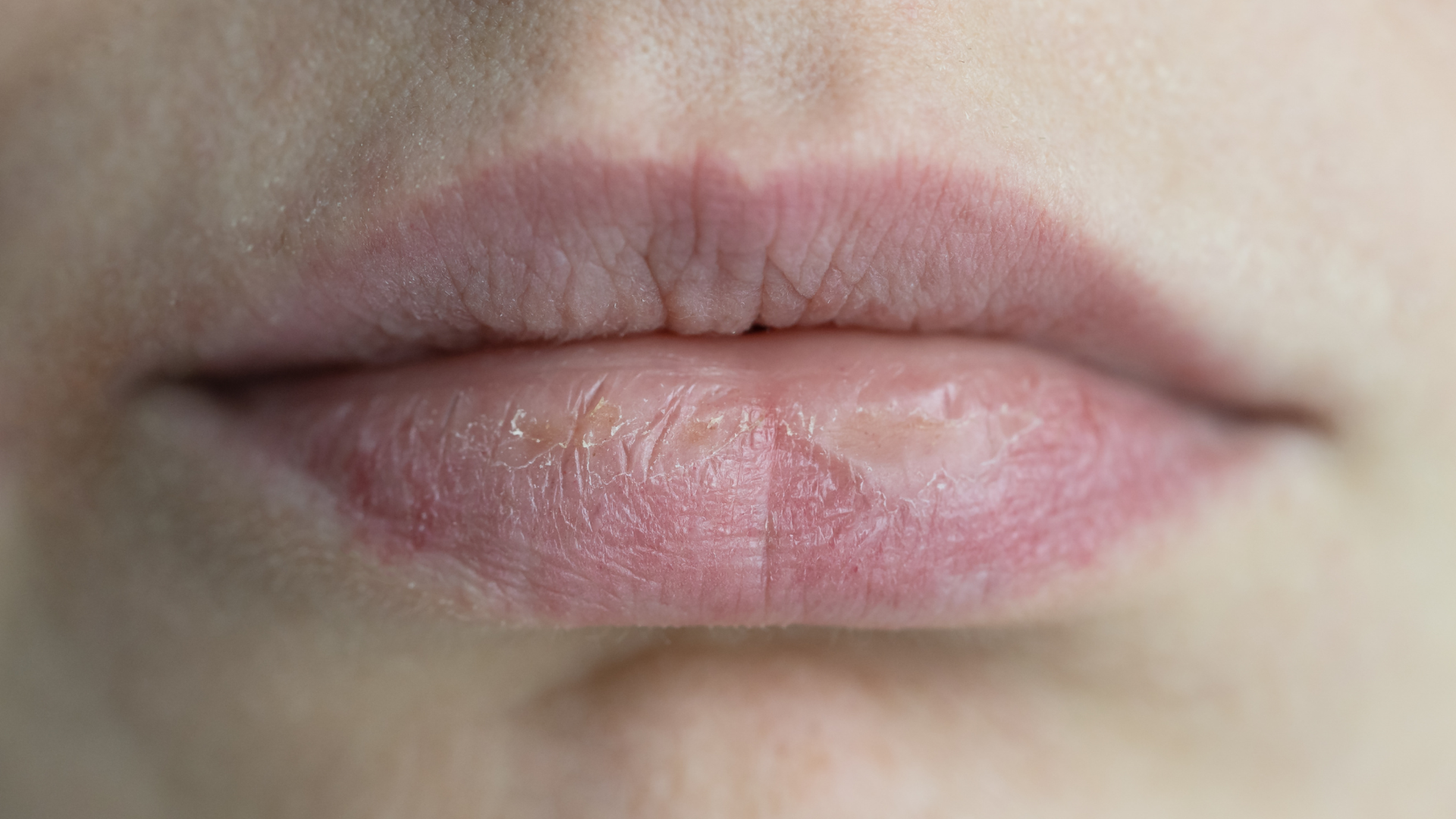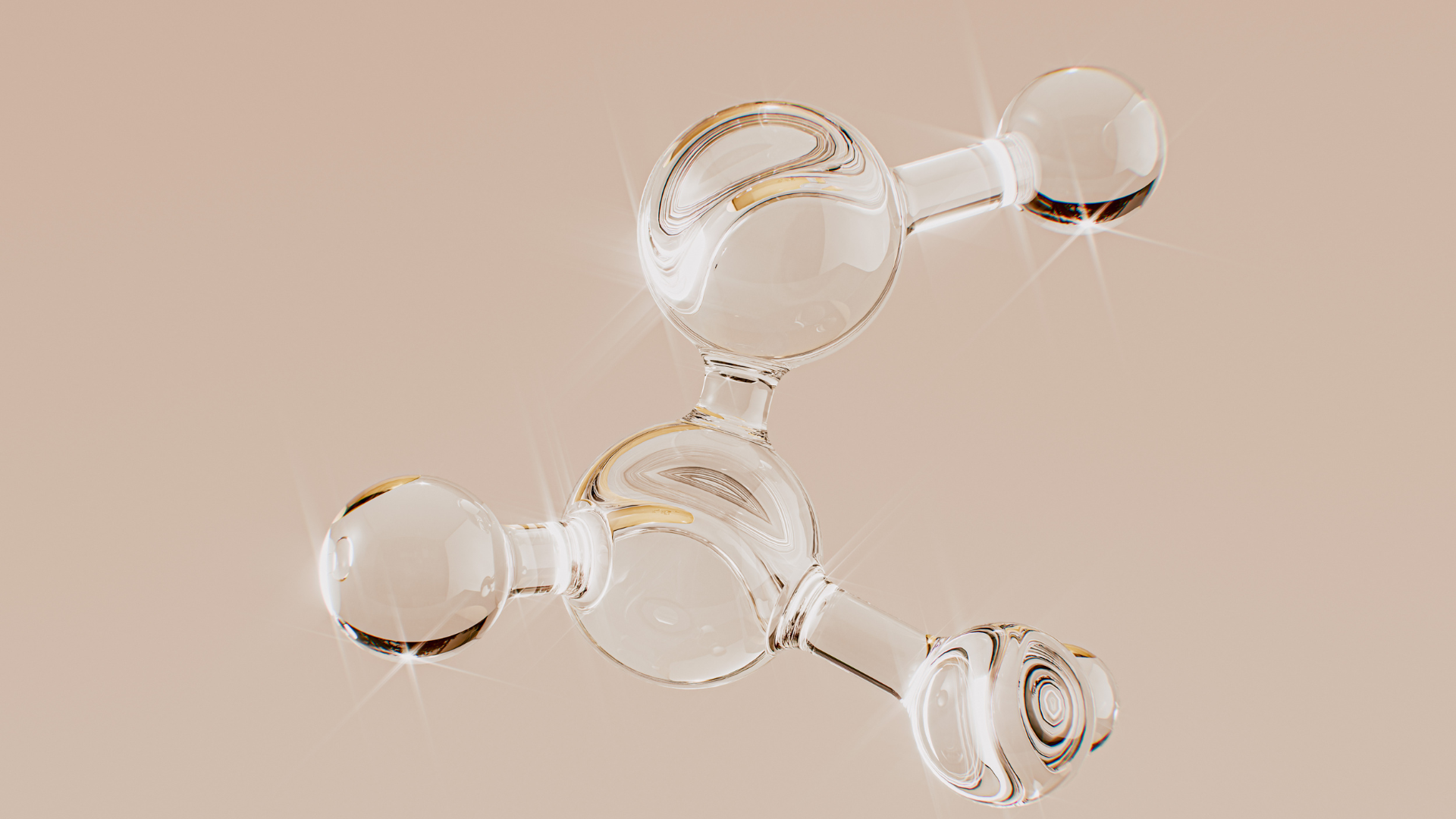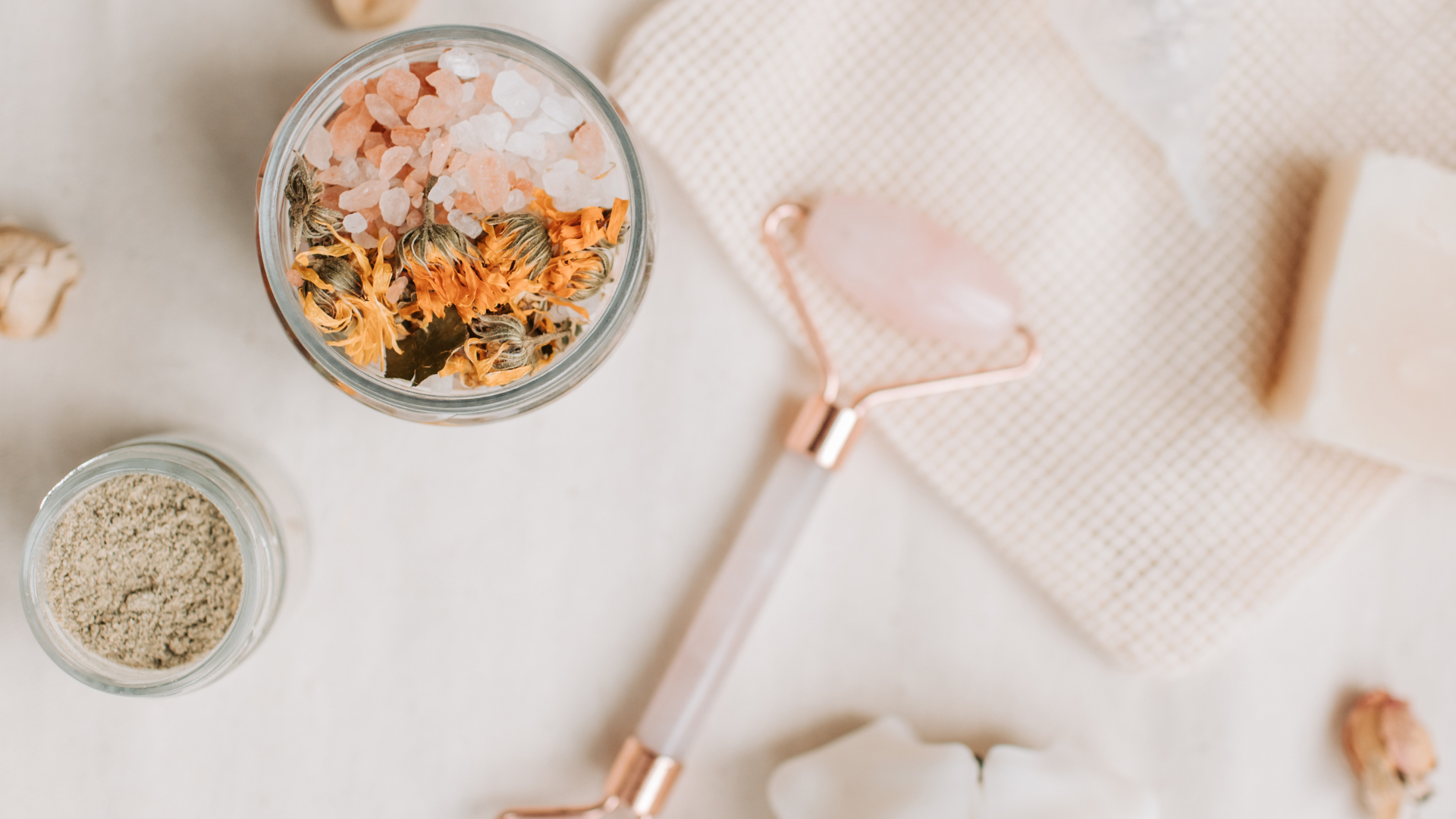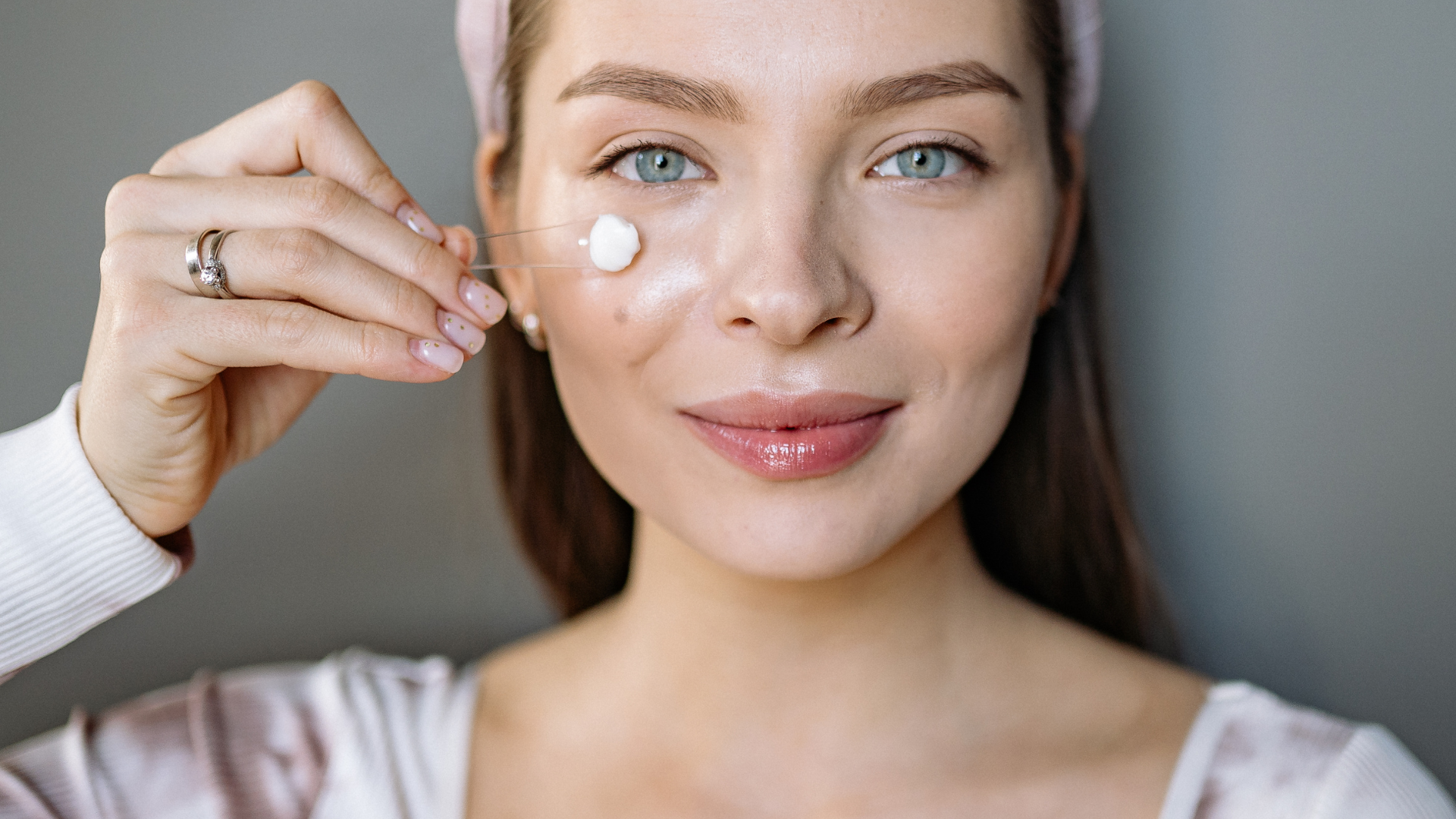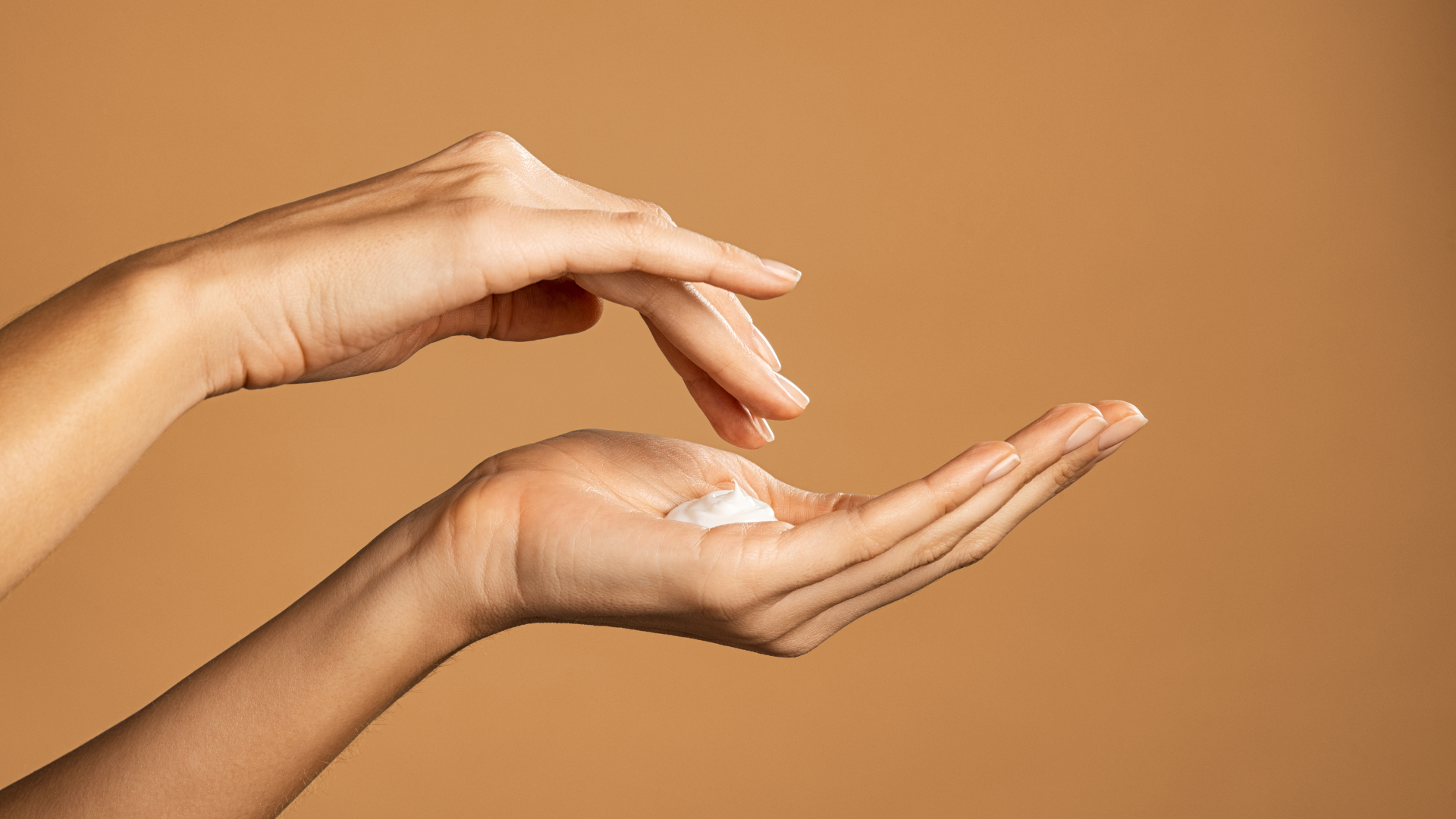DERMOCOSMETICS FOR HEALTH AND BEAUTY
FREE SHIPPING FROM £ 299
RECEIVE 10% DISCOUNT ON YOUR FIRST PURCHASE

Retinol - the gold standard in anti-ageing care.
Surely you've heard about retinol and its beneficial properties many times before, but do you know why it's so highly regarded in anti-ageing care and what it can really do for your skin? Discover with us the fascinating world of retinol, and find out why it is considered the gold standard in the fight against skin ageing.
THE ABC OF RETINOL
Retinol - what is it?
Retinol is one of the purest forms of vitamin A, classified as a retinoid - one of the most effective anti-ageing active ingredients1. Its efficacy has been proven in independent research for over 100 years! Retinol penetrates through the epidermis into the dermis, where it transforms into retinoic acid. This active form binds to receptors in cells, stimulating numerous biological processes.
How does retinol work?
Retinol penetrates the epidermis and, in the deeper layers of the skin, is transformed into retinoic acid - the active form that binds to receptors in skin cells. As a result, it stimulates a number of biological processes, improving the skin's texture and appearance.
Why is vitamin A so important?
Vitamin A is essential for the proper functioning of the skin. It supports the regenerative processes, influences the production of collagen and elastin and helps to fight free radicals.
Because of these properties, vitamin A in the form of retinol is often used in cosmetics as an anti-ageing and immune-boosting ingredient for the skin.Remember, however, that vitamin A is fat-soluble and excess is not removed from the body with urine, but stored in the liver. It is therefore important to use retinol as recommended and not to exceed the recommended doses. The European Union has introduced restrictions on retinol concentrations in cosmetics to ensure consumer safety.
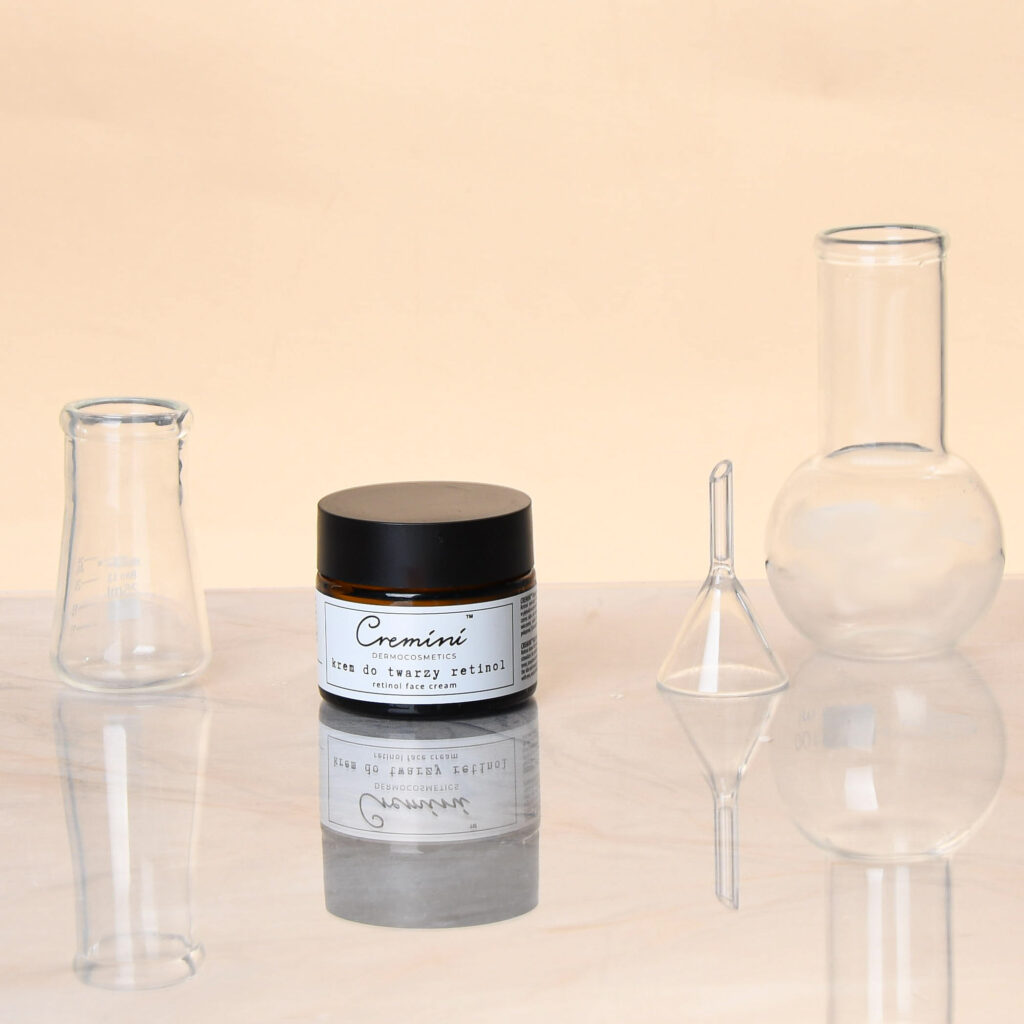
BENEFITS OF RETINOL:
- It has a proven pro-aging effect: Clinical studies confirm that the use of 0.1% retinol for about 10 months can delay skin ageing.1
- Stimulates the synthesis of collagen, elastin and glycosaminoglycans: These substances are key to maintaining skin firmness and elasticity2. In addition, retinol protects collagen from degradation by enzymes.
- Promotes self-renewal of skin stem cells: Retinoic acid influences the plasticity of stem cells in hair follicles, which is important for skin regeneration, hair growth and wound healing.
- Regulates the sebaceous glands: It helps control sebum secretion, which is important in the fight against acne.
- Acts against discolouration: Reduces melanin transport into the epidermis, regulates melanocytes and results in even pigment dispersion in keratinocytes3.
RETINOL - HOW TO USE IT?
Retinol acts like a medicine for your skin, but the key is to use it properly. Don't expect overnight results - it needs time to activate, so regularity and patience are essential here. The first noticeable results may appear after a minimum of 12 weeks of regular use.
Some tips on how to implement retinol into your skincare routine:
- Be patient: The effects of retinol will not appear overnight. The first noticeable changes may occur after 8-12 weeks of regular use. The full benefits may be visible after several months.
- Start with a lower concentration: If you are just starting out with retinol, choose a product with a lower concentration and start by applying twice a week. Observe your skin's reaction and gradually increase the frequency of application to daily or every other day.
- Apply in the evening: Retinol can increase the skin's sensitivity to UV radiation, so it is best applied at night. However, if you choose to use it during the day, be sure to protect your skin with a high SPF cream.
- Be prepared for possible skin reactions: Redness, dryness or flaking of the skin are normal symptoms you can expect at the beginning of a treatment. If they are too intense, reduce the frequency of application.
EFFECTS OF RETINOIDS ON THE EPIDERMAL RENEWAL CYCLE
As we age, the natural renewal cycle of the epidermis slows down, promoting wrinkles and loss of radiance. In a 20-year-old, this cycle lasts about 28 days, but as the years go by, it can increase to up to 75 days. This results in
- Deterioration of skin texture
- Increased visibility of wrinkles
- Loss of radiance
Is there an effective solution to this problem? The answer lies in retinoids, which are key ingredients in the fight against the signs of ageing and have a significant impact on the epidermal renewal cycle. They accelerate the exfoliation of dead skin cells, which stimulates the production of new, healthier cells. The result is an improvement in skin texture, reducing the appearance of wrinkles, age spots and other imperfections. This results in smoother and more uniform skin.
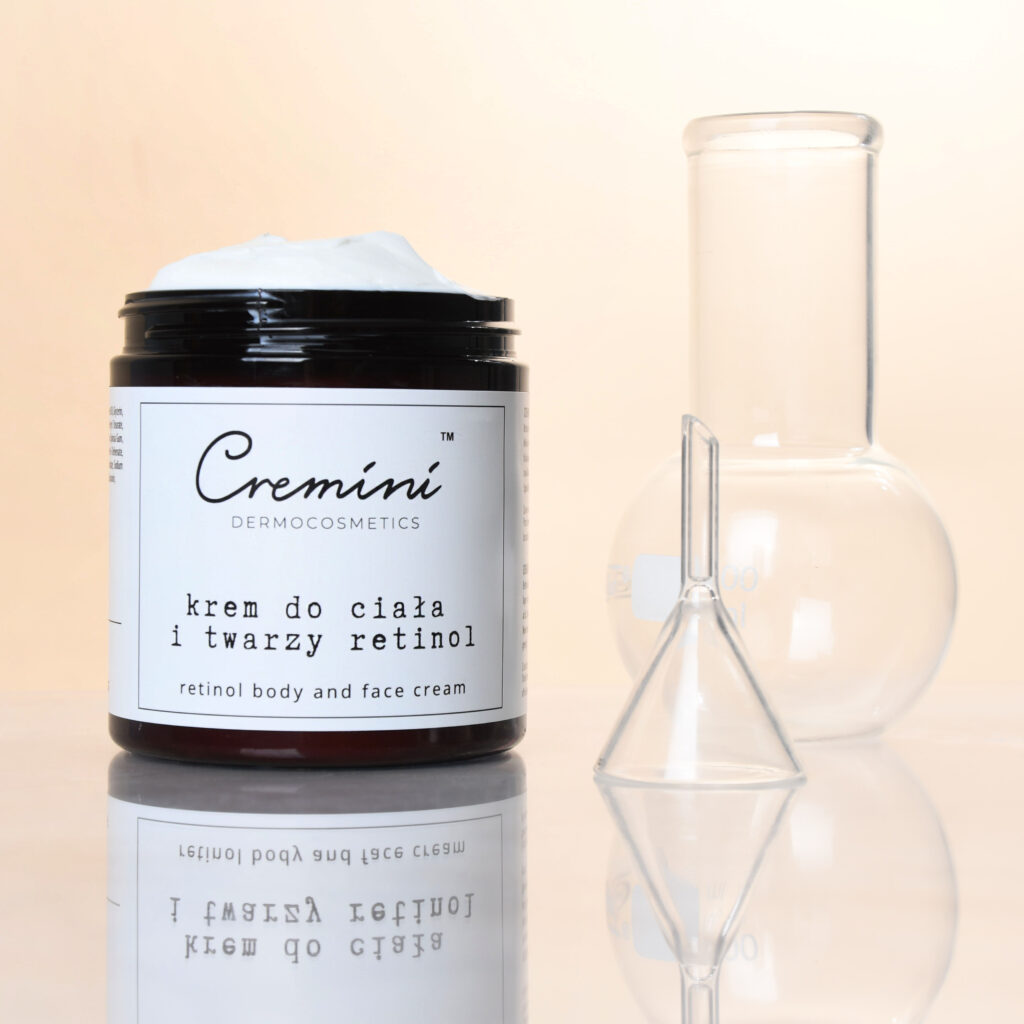
WHO SHOULD AVOID USING RETINOL?
- Pregnant and breastfeeding women: Retinoids can penetrate the bloodstream and potentially affect foetal development. It is better to avoid their use during this period.
- People with very sensitive skin: If your skin is prone to irritation, redness and allergic reactions, retinol may not be the best option for you.
- People undergoing intensive dermatological treatments: If you are using treatments such as laser therapy or chemical peels, consult your dermatologist before introducing retinol.
SUMMARY
Retinol is a true elixir of youth in the world of skin care. Its versatile action makes it indispensable in the fight against signs of ageing, acne or hyperpigmentation. Remember, however, that the key to success is patience, consistency and proper application.
- Stamates B., Bertin B., Oddos I., et al. Antiaging action of retinol: from molecular to clinical. Skin Pharmacol Physiol 2010, 22(4): 200-209, [in:] Bojarowicz H., Płowiec A., Wpływ vitamin A na kondycję skóry, Probl Hig Epidemiol 2010, 91(3): 352-356 ︎
- Bojarowicz H., Płowiec A., Influence of vitamin A on skin condition, Probl Hig Epidemiol 2010; 91(3): 352-356 ︎
- Adamski Z., Kaszuba
A., Dermatology for cosmetologists, Karol Marcinkowski Medical University in Poznań, Poznań 2008, [in:] Bojarowicz H., Płowiec A., Wpływ vitamin A na kondycję skóry, Probl Hig Epidemiol 2010, 91(3): 352-356 ︎


